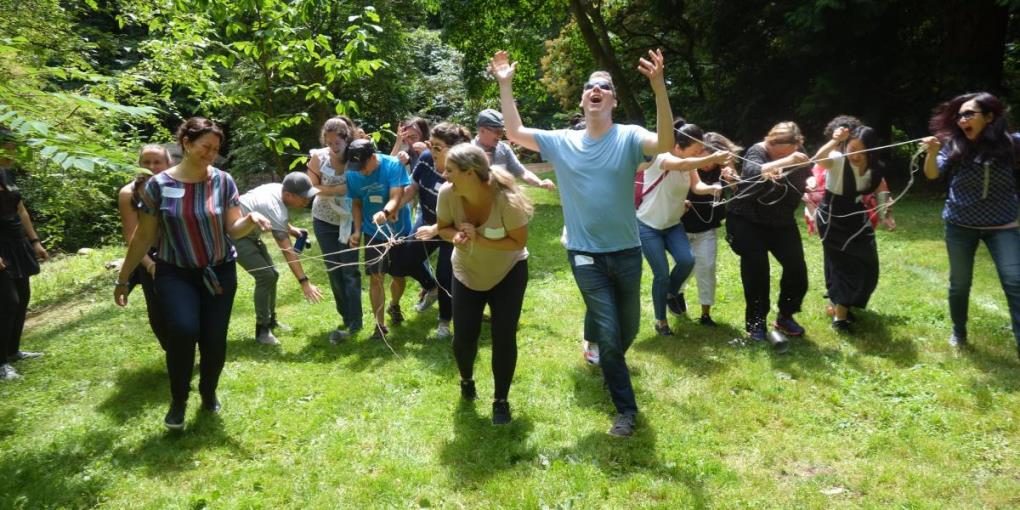In Vancouver, British Columbia, Canada—recently the victim of the worst climate-related devastation in the province’s history—the University of British Columbia‘s (UBC) Botanical Garden’s ambitious approach to climate action, adaptation, education and public engagement has been bolstered by an anonymous gift of $1.4-million in support of the Garden’s Sustainable Communities Field School.
The Garden will use the gift to enhance its local and global adaptation and environmental restoration efforts, and develop learning modules that incorporate climate justice, Indigenous knowledge and decolonization.
“I have been honoured to support the UBC Botanical Garden Field School’s research and personnel, including students. I am greatly impressed with how widely the work has been shared, locally and internationally,” said the anonymous donor.
The donation—from a UBC alumnus and local community activist—was motivated by a desire to accelerate climate solutions using innovative tools. UBC Botanical Garden’s Field School program, a leading sustainability education hub in the Pacific Northwest, was a natural fit.
Launched six years ago, the Field School helped position UBC Botanical Garden as a leader in advancing sustainability education and research. From 2015-2020, the school hosted over 2,600 corporate and community participants on team building tours designed to raise awareness of sustainability and climate action. When COVID-19 put a halt to in-person tours, the Garden began to re-evaluate its objectives.
The escalation of climate change, the global extinction of plants and the need to address worldwide social injustice inspired the new, five-year project to address the climate crisis and biodiversity loss, and ensure that marginalized voices are heard in framing solutions to the crisis.
Dr. Tara Moreau, Associate Director of Sustainability and Community Programs at UBC Botanical Garden, designed the new programming in alignment with the UN Sustainable Development Goals (UN-SDGs), reflecting the need for climate justice and community engagement.
“Climate adaptation involves planning for the impacts of climate change,” Dr. Moreau said. “Although key to managing the consequences of climate change, adaptation is a significant gap in most climate action initiatives.”
To date, many climate action efforts have focused on mitigating climate change by reducing and removing greenhouse gas emissions. New Field School programming, however, centers on climate adaptation.
Using databases and collaborating with local and global networks, the team will launch initiatives to examine how species and ecosystems react to a changing climate. These insights will inform community-driven strategies to ensure that plants will be resilient in future climates.
The Field School will continue its climate change education programming with modified team building experiences and learning modules emphasizing inclusion. Interpretive signage will incorporate Indigenous knowledge and diverse community perspectives. Visitors to the Garden will experience new ways of gaining sustainability and climate literacy.
Photo courtesy of UBC.

